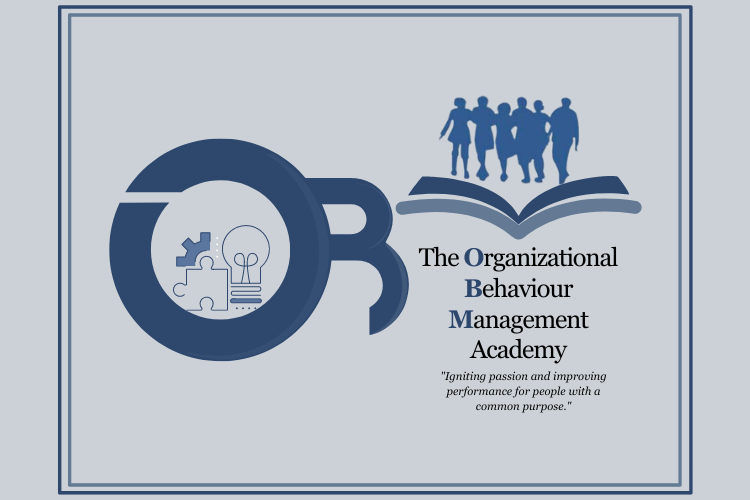Why does a schedule of reinforcement have profound effects on our behaviour?
To make it more understandable, we define reinforcement using Thorndike’s description: Reinforcement is a process that is pleasure-producing, rewarding and satisfying, and when reinforcers are stamped in, responses or behaviours associated with reinforcement as consequences are strengthened. This means that we will likely engage in some behaviours or performances that will gather reinforcements or rewards. Skinner broadens the discussion: arranging the presentation of the reinforcing stimulus (person, item or activity) and the behaviour or performance will likely increase or strengthen responses. Skinner touched on the importance of immediate consequences, especially if we are learning a new behaviour, performance or skill, and the profound effects of a schedule of reinforcement on our behaviour. The schedule of reinforcement refers to the times, ratios or circumstances when a response is reinforced.
In the natural environment, not every good behaviour is rewarded. Similar behaviours may not frequently have reinforcement: a person may not always be rewarded for good behaviours. This means that reinforcement seldom results from every good behaviour or correct response. Think about following traffic rules and abiding by speed limits. We engage in lawful behaviours about driving. However, we do not always get immediate rewards for engaging in these behaviours. Nevertheless, engaging in good driving behaviours gives us some gains, though not instant: fewer accidents, lower car insurance rates and socially reinforced behaviours by being part of a community that engages in lawful driving and promotes safety.
Most rewards are intermittent, or we get them after a long stretch. Still, we need to endure and engage in good behaviours: we need a schedule of reinforcement that will sustain our efforts. Think about a situation where one does all the work but gets no reward. These circumstances may lead to burnout, and a lack of reinforcement will also decrease desirable behaviours. A schedule of reinforcement, although not rigid, will make one look forward to some gains after the pains. That is part of being human.
A schedule of reinforcement is like a prescription or rule that profoundly affects our behaviour. With good behaviours being rewarded intermittently, this process contributes to some constancy or steadiness in following some rules and looking forward to receiving something in return for the good that was done.
Want to know more about the application of Reinforcement as the most utilised behaviour and performance change theory and procedure? Dive deeper through our Performance Management Microlearning Series and Behaviour Analyst Competency Sequence Courses.
